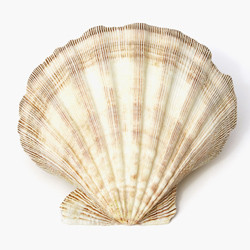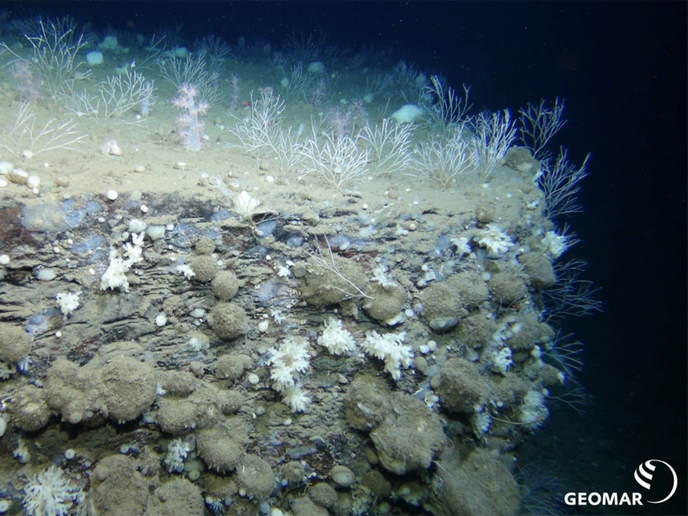Better farming of bivalve seed
Shellfish production in Europe is subject to environmental changes, notably affecting the availability of natural spatfall and favouring the emergence of disease outbreaks. Hatcheries offer ways to counter these threats through their potential to ensure a more stable supply of seed and to carry out selective breeding to improve disease resistance. To achieve these objectives, the methods of rearing may be improved to make them more reliable, to decrease the seed production cost and to guarantee its quality. To address these issues, the EU funded research into commercial bivalve species through the REPROSEED(opens in new window) project. REPROSEED focused on broodstock management, gametes, larvae and seed quality, and improved rearing methods. Mass sequencing of gene transcripts was performed at successive stages of development of the studied species, providing new data and genomic tools. They are used to identify the genes involved in the acquisition of competence, maturation, the immune response to stress or pathogenic bacteria. Their analysis led to better understanding of the development phases and the ontology of immune system. Another aspect of the project identified protein markers that estimate the quality of eggs and sperm. The use of RAS (Recycling Aquaculture Systems) to rear larvae and postlarvae gave very positive results, which encourage the replacement of traditional batch or flow-through systems with specific adaptation for each species. RAS significantly reduce needs for water, energy and labour, and provide a more stable environment. Probiotics provided to scallop larvae increased their survival, settlement and the resulting seed yield. They are a promising new development for rearing such sensitive larvae. Microbiota of larvae and postlarvae is specific and complex and may influence bivalve development as demonstrated by the effect of probiotics. To prevent the contamination by pathogenic bacteria it is necessary to apply strict sanitary rules but also to maintain diversity of bacteria in rearing. REPROSEED developed tools to estimate genetic diversity in bivalve seed. Genetic diversity of hatchery seed is an important issue into bivalve farming due to high variance in individual reproductive success, notably in restocking or selective breeding programs. The relationship with mollusc hatcheries in Europe established during the project through a survey of this sector and a workshop with producers has created a dynamics to better collaborate and to build future collaborative projects between research and industry.







